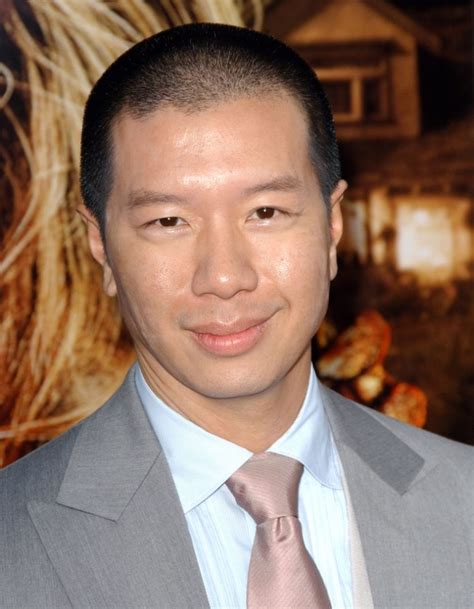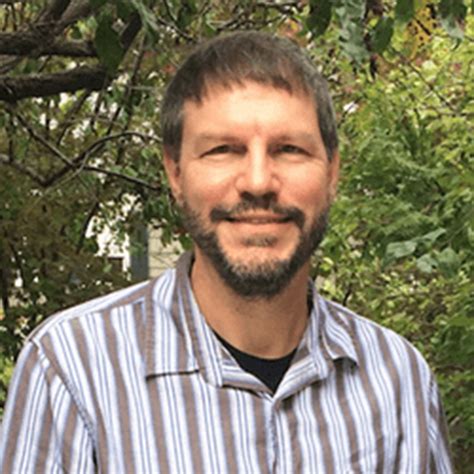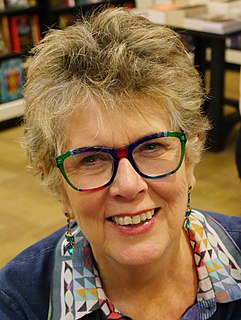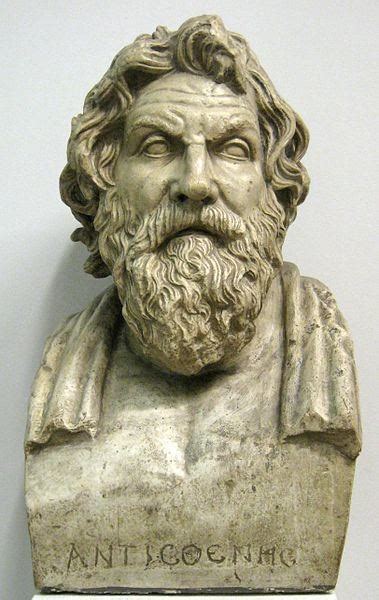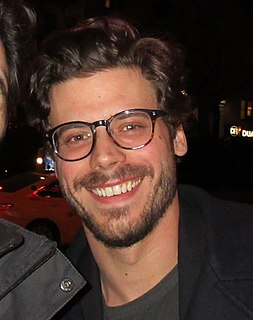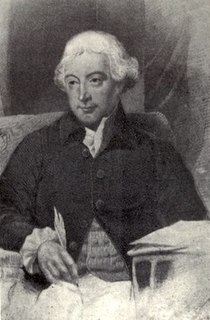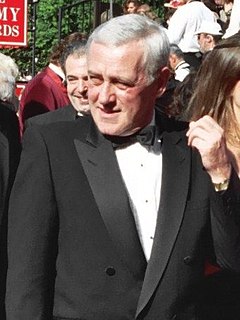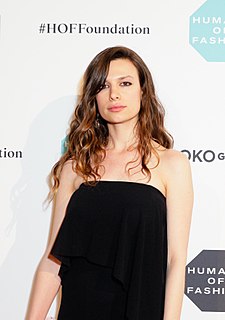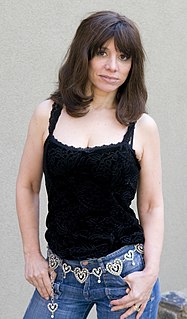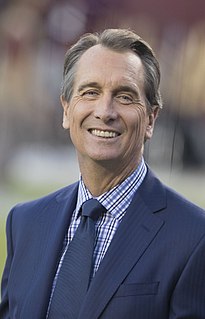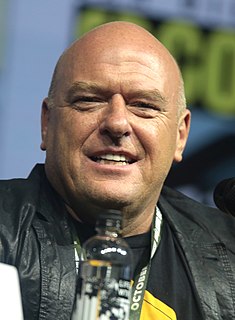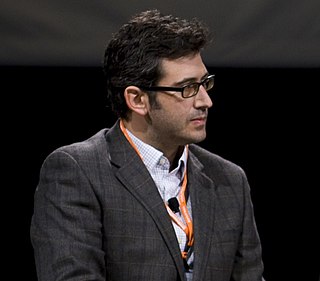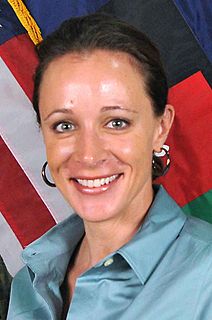Top 1200 Harvard Law School Quotes & Sayings - Page 20
Explore popular Harvard Law School quotes.
Last updated on December 4, 2024.
There's a strong distinction to be made between dry code smart contacts and wet code's physical law. So law is based on our minds, our wetware - it's based on analogy. The law is more flexible; software is more rigid. Various laws tend to be batched in jurisdictional silos. Software tends to be independent.
People - pardon me, journalists and politicians - have often accused me of believing that I'm above the law. And yet, who isn't? Everywhere you prod it, even with the shortest stick, the established system isn't simply corrupt, it's unequivocally putrescent. The law is created by demonstrable criminals, enforced by demonstrable, interpreted by demonstrable criminals, all for demonstrably criminal purposes. Of course I'm above the law. And so are you.
The time has been in Israel under the law of God, the celestial law, or that which pertains to the celestial law, for it is one of the laws of that kingdom where our Father dwells, that if a man was found guilty of adultery, he must have his blood shed, and that is near at hand. But now I say, in the name of the Lord, that if this people will sin no more, but faithfully live their religion, their sins will be forgiven them without taking life
In my youngest days, the nuns at my grammar school drummed into us that we were in this world to make it a better place - not just for ourselves, but for other people, too. So from the very beginning, I've been driven by this idea that we have to make a difference, and it's one of the reasons I went into law in the first place.
US law and international human rights law have radically diverged in the past years in terms of the recognition of indigenous people's rights. International human rights law now looks at not whether or not the tribes have formal ownership or legal title in a Western legal conception might have it, but rather they look at the tribe's historical connection to that land.
If you just don't have any idea what you want to do, the worst thing you can do is go to law school. If you can go to college, maybe it's fine to have four years of fun and learn a little bit, that's okay, but if you have to go two hundred thousand dollars in debt, that's not something I would recommend.
My theory is that everything went to hell with Prohibition, because it was a law nobody could obey. So the whole concept of the rule of law was corrupted at that moment. Then came Vietnam, and marijuana, which clearly shouldn't be illegal, but is. If you go to jail for ten years in Texas when you light up a joint, who are you? You're a lawbreaker. It's just like Prohibition was. When people accept breaking the law as normal, something happens to the whole society, you see?
He who flies from his master is a runaway; but the law is master, and he who breaks the law is a runaway. And he also who is grieved or angry or afraid, is dissatisfied because something has been or is or shall be of the things which are appointed by Him who rules all things, and He is Law, and assigns to every man what is fit. He then who fears or is grieved or is angry is a runaway.
Here I encounter the most popular fallacy of our times. It is not considered sufficient that the law should guarantee to every citizen the free and inoffensive use of his faculties for physical, intellectual and moral self-improvement. Instead, it is demanded that the law should directly extend welfare, education, and morality throughout the nation. This is the seductive lure of socialism. And I repeat: these two uses of the law are in direct contradiction to each other.
I didn't want to be the archetypal sponging brother-in-law, so I didn't go into acting when I got to the States. I thought, 'No, I'll go to school and then I'll be an English teacher; that'll be fun.' But I was horrible as a teacher. As hard as I tried, I just couldn't inspire those kids to take an interest in Milton and Shakespeare and Donne.





